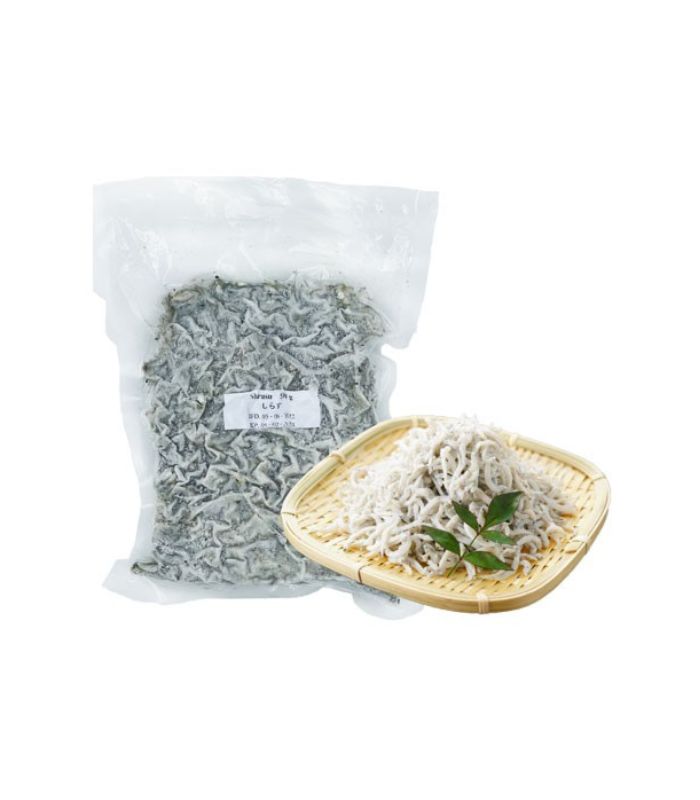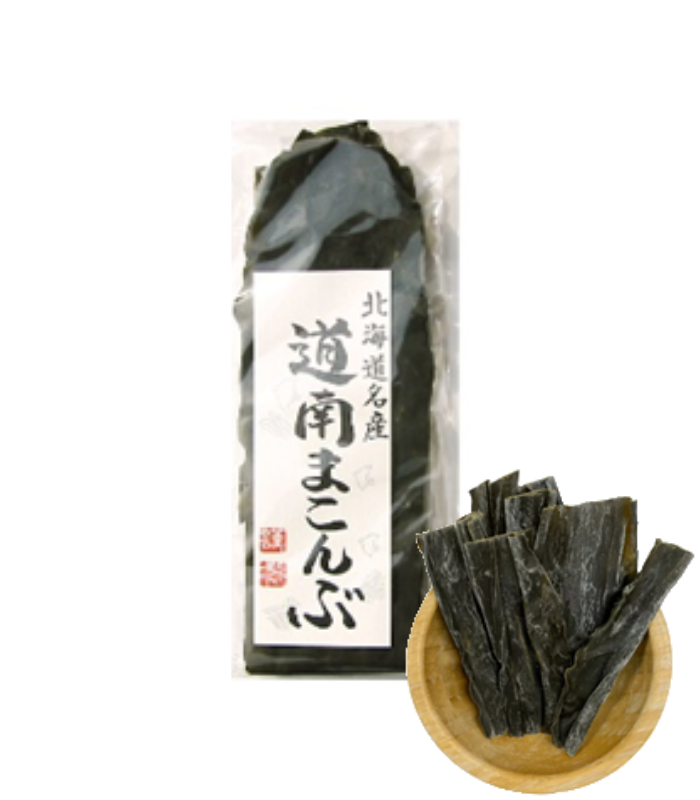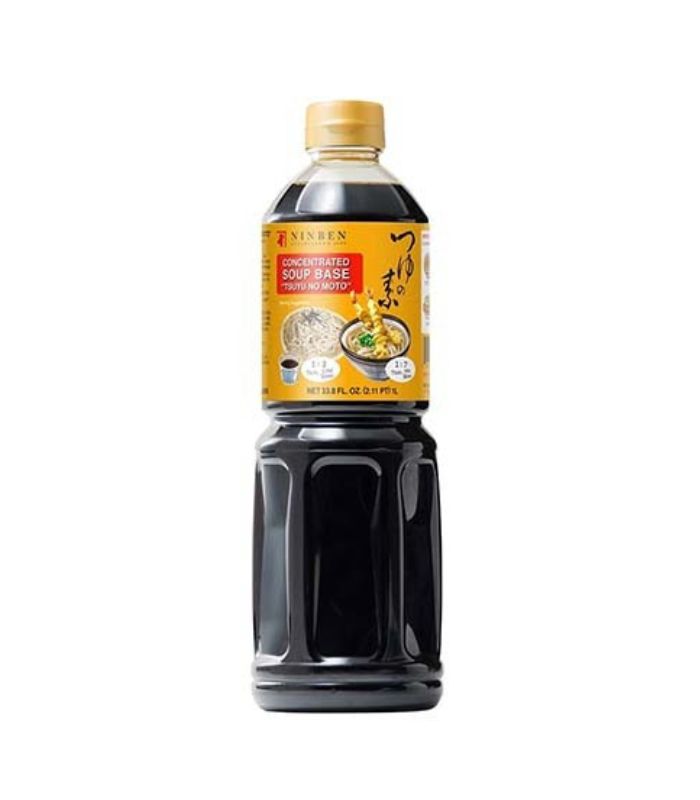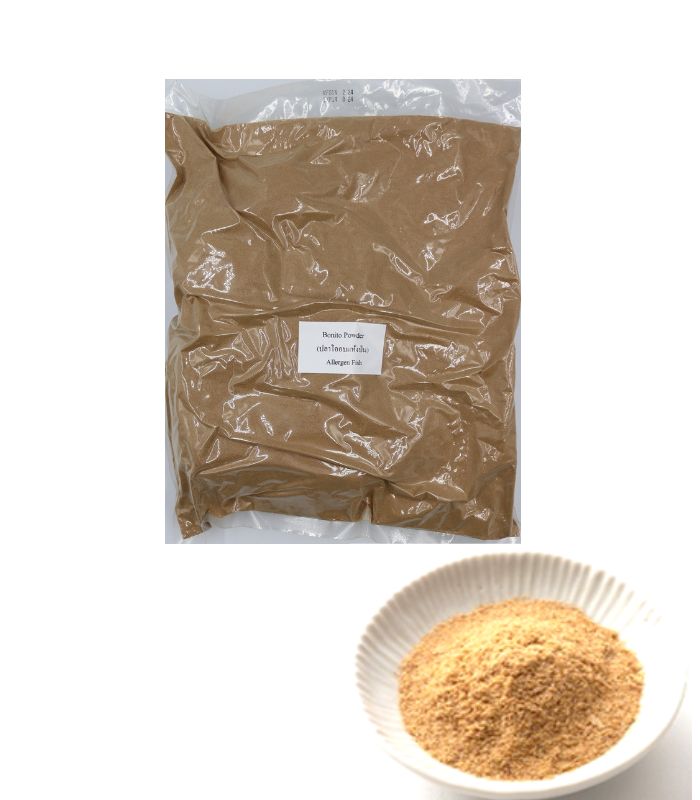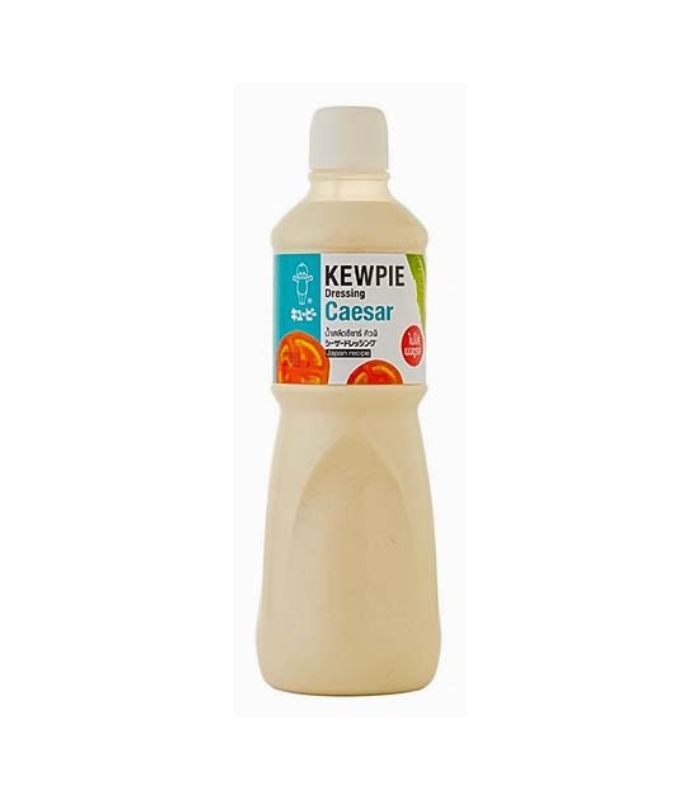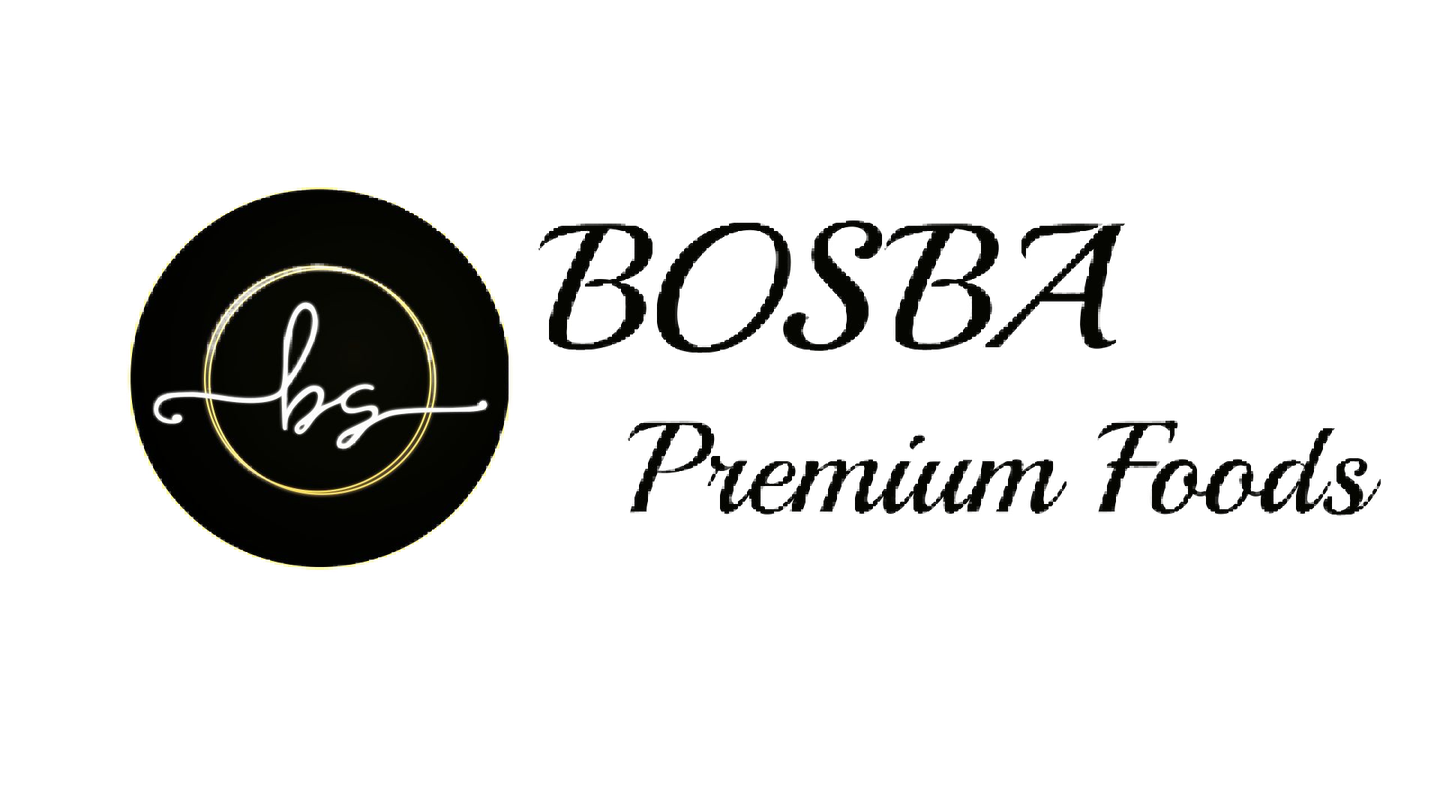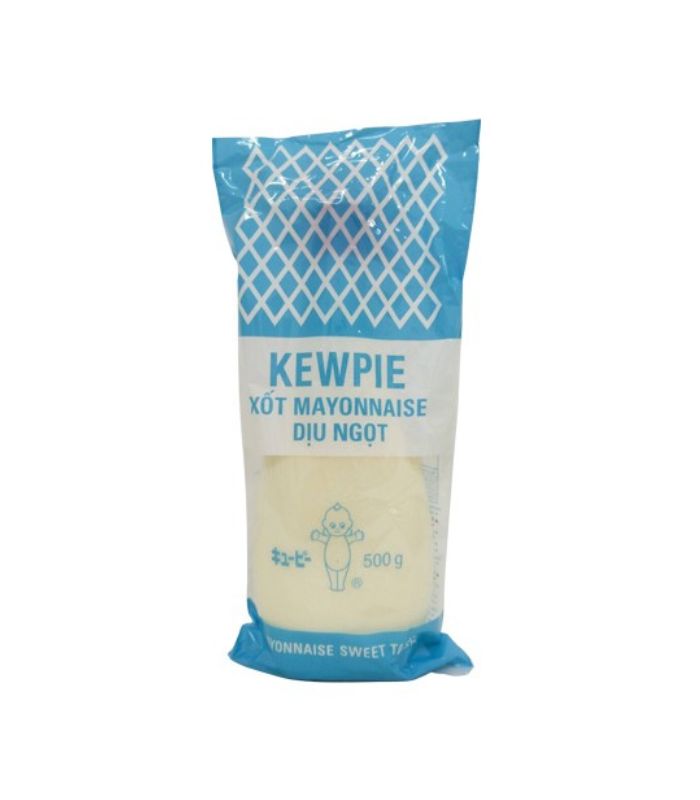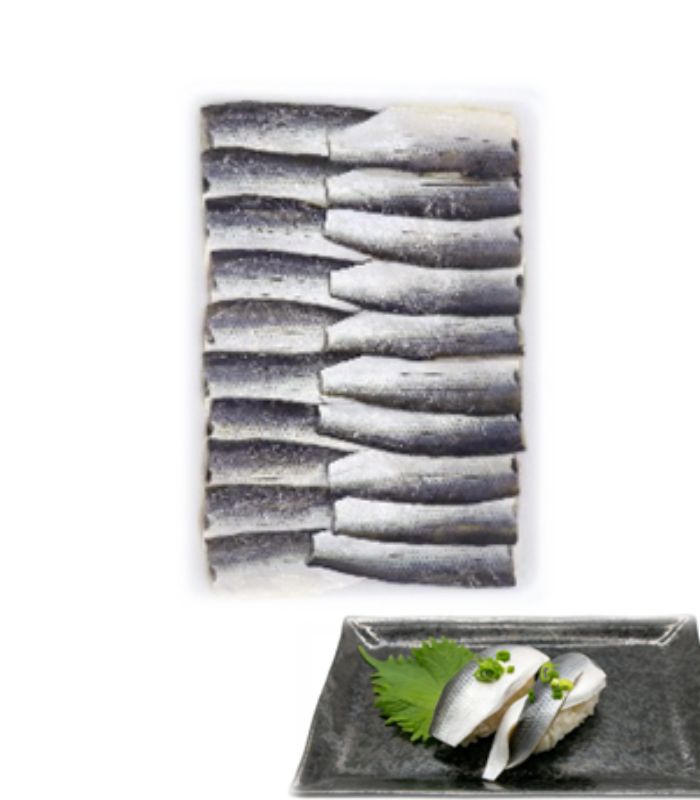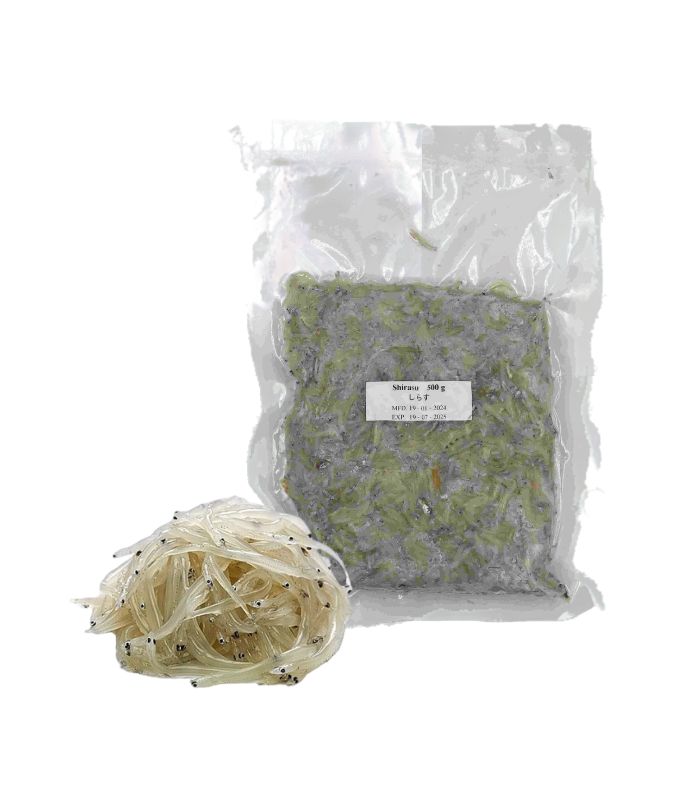Menu
Seafood
Seafood
Frozen Dried Young Sardines
4,50$100gFrozen Dried Young Sardines known for Savoring the unique and savory flavor. These small and tender fish are a popular ingredient in many Asian dishes, known for their rich and flavorful taste. The sardines have a slightly salty and rich flavor, perfect for adding a burst of flavor to your favorite dishes. Their texture is crispy and crunchy, adding a satisfying crunch to salads, soups, and stir-fries. Frozen Dried Young Sardines are not only delicious but also incredibly nutritious. They are a good source of protein, omega-3 fatty acids, vitamins and minerals.Frozen Whitebait
16,00$500gFrozen Whitebait that is known as small and tender fish are a popular ingredient in many seafood dishes, known for their unique taste and texture. The whitebait are carefully selected and processed to ensure their quality, taste, and nutritional value. When you taste Frozen Whitebait, you will immediately notice their crispy and delicate texture. The fish are lightly coated in batter and then fried until they are golden brown and crispy. Their flavor is mild and slightly sweet, making them a perfect addition to salads, pasta dishes, or as a snack. Frozen Whitebait is not only delicious but also incredibly nutritious. It is a good source of protein, omega-3 fatty acids, and vitamins and minerals, making it a perfect choice for those who are health-conscious.Daily Need
Daily Needs
Arabiki Pork Sausage
10,80$500gThe sausage is for the exporting quality from Thai to Japan The taste is Japanese taste which is quite different from the western usual sausage Special match to eat with Rice Arabiki pork sausage is a type of Japanese sausage that is made from high-quality Arabiki pork meat. This type of sausage is known for its unique texture and flavor, which sets it apart from other types of sausage. The meat is seasoned with a blend of traditional Japanese spices and herbs, which creates a complex and delicious flavor profile. The sausage is also known for its juicy and tender texture, which is a result of the high-fat content of Arabiki pork. Arabiki pork sausage is a versatile ingredient that can be used in a variety of dishes. It is often enjoyed as a snack or appetizer, where it is served grilled or friedBaked Fish Cake
3,40$5pcChikuwa is a Japanese product made with salt, sugar, egg whites, starch, and seasoned, ground meat of fishes such as shark, pollock, or flying fish. The ground meat paste is placed around a bamboo stick, and it is then grilled or steamed. The stick gets removed later, leaving a hollow interior. Chikuwa is regularly consumed on its own as a snack, when it is customary to dip it in soy sauce. It can also be sliced and used as an ingredient in stews and Japanese curries. The name of the product means bamboo stick, referring to the key component in its production. Chikuwa is a good source of protein and low in fat, making it a nutritious ingredient in Japanese cuisine. It is also gluten-free and can be enjoyed by those with dietary restrictions. Chikuwa is a Japanese product made with salt, sugar, egg whites, starch, and seasoned, ground meat of fishes such as shark, pollock, or flying fish. The ground meat paste is placed around a bamboo stick, and it is then grilled or steamed. The stick gets removed later, leaving a hollow interior. Chikuwa is regularly consumed on its own as a snack, when it is customary to dip it in soy sauce. It can also be sliced and used as an ingredient in stews and Japanese curries. The name of the product means bamboo stick, referring to the key component in its production. Chikuwa is a good source of protein and low in fat, making it a nutritious ingredient in Japanese cuisine. It is also gluten-free and can be enjoyed by those with dietary restrictions. Usage: Chikuwa, or baked fish cake, is a versatile ingredient that is used in a variety of Japanese dishes. Here are some common uses of ChikuwaBoiled monkfish Liver
22,00$200gBoiled monkfish liver, also known as Ankimo in Japanese cuisine, is a popular delicacy and It is prepared in the same way as fresh boiled monkfish liver, but is flash-frozen immediately after cooking to lock in its flavor and texture. Despite being frozen, boiled monkfish liver retains its rich, buttery texture and umami flavor. Beside its luxurious taste and texture, boiled monkfish liver is also considered to be a healthy food, as it is low in fat and high in protein. In addition, it is a good source of omega-3 fatty acids, which are essential for maintaining good heart health, reducing inflammation, and supporting brain function Header menu Beverages
Header menu Beverages
Seafood
 Header menu Ingredients
Header menu Ingredients
Seafood



